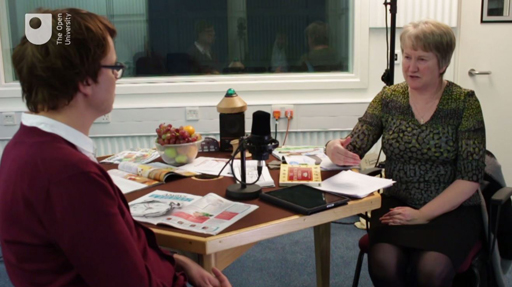Week 3: Eating and drinking
Introduction
This week you’ll be looking at food and digestion. What did rich and poor people eat? Why was so much of ancient medicine about eating and drinking? As you’ll see, the processes of eating and drinking were monitored by doctors and ordinary people in the ancient world, and this applied to adults and children, healthy and sick.
You should start this week by watching Helen King discuss issues around a healthy diet, with Mathijs Lucassen.

